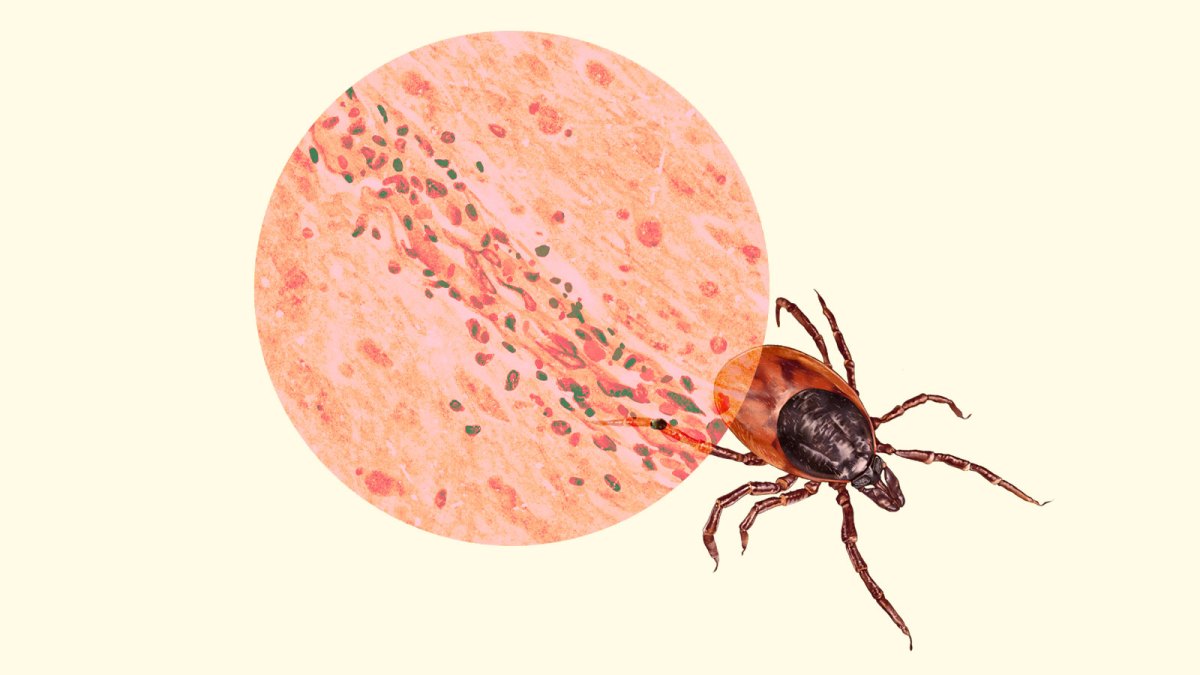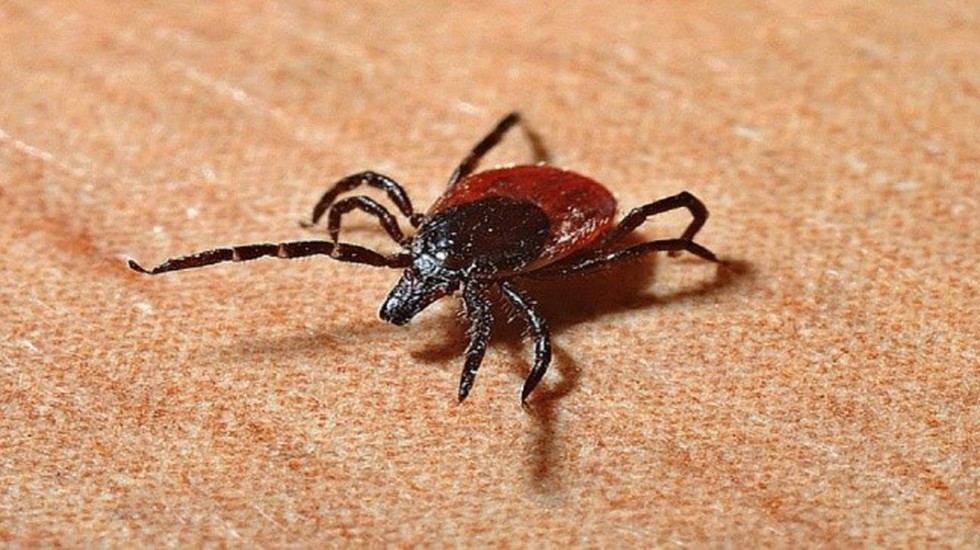A virus by the name Powassan virus has claimed its first victim in the United States of America. The tick-borne illness is a rare ailment and is often referred to as the ticketing time bomb.
Reports suggest that the rare condition might become more common with the changing climate, causing major challenges to general public health.

Credits – Grist
According to the Maine Centre for Disease Control and Prevention (CDC), the 58-year-old man who died of the disease showed severe neurological symptoms after contracting the Powassan virus. The CDC has stated that there have been a total of 15 confirmed cases due to this infection. The situation reportedly started becoming bad in 2022 when four cases were reported.
In an interview with The Indian Express, Dr Satish Koul, who serves as the director of Internal Medicine, at Fortis Memorial Research Institute, Gurgaon, the virus is transmitted to human beings through bites by infected deer tricks, squirrel tricks, groundhog tricks etc.

Credits – Vajiram IAS
The above-mentioned tricks are more commonly found in the Great Lakes region of North America between late spring and mid-autumn.
“A considerable number of people infected with the virus exhibit no symptoms. For individuals with symptoms, the time from tick bite to feeling ill ranges from one week to one month. The early signs of Powassan virus infection include fever, headache, vomiting, and weakness,” said Dr Koul.
Tick bite prevention should be taught as a life skill. One tick bite can transmit several debilitating infections at once including: Babesia, Bartonella, Lyme Disease, Powassan Virus & etc. Kids are at high risk & in PA alone, 81 kids are infected per day. #lyme #crsd #Pediatrics pic.twitter.com/4iVRStyh8n
— Newtown Art for Kids (@newtownart4kids) May 30, 2023
Dr Koul also highlighted the fact that the person infected by the Powassan virus can also experience psychosomatic symptoms such as confusion, difficulty in speaking, loss of coordination, and seizures.
There are no medications to treat or prevent the Powassan virus, according to Dr Koul. He also added that antibiotics are ineffective against viruses. Although there is no proven medication, Dr Koul said that the symptoms can be relieved by consuming fluids, using over-the-counter pain medications, and resting.
As a precautionary measure, it is suggested to be particularly careful while travelling through thick infested areas, especially while passing in forested regions.





















































































